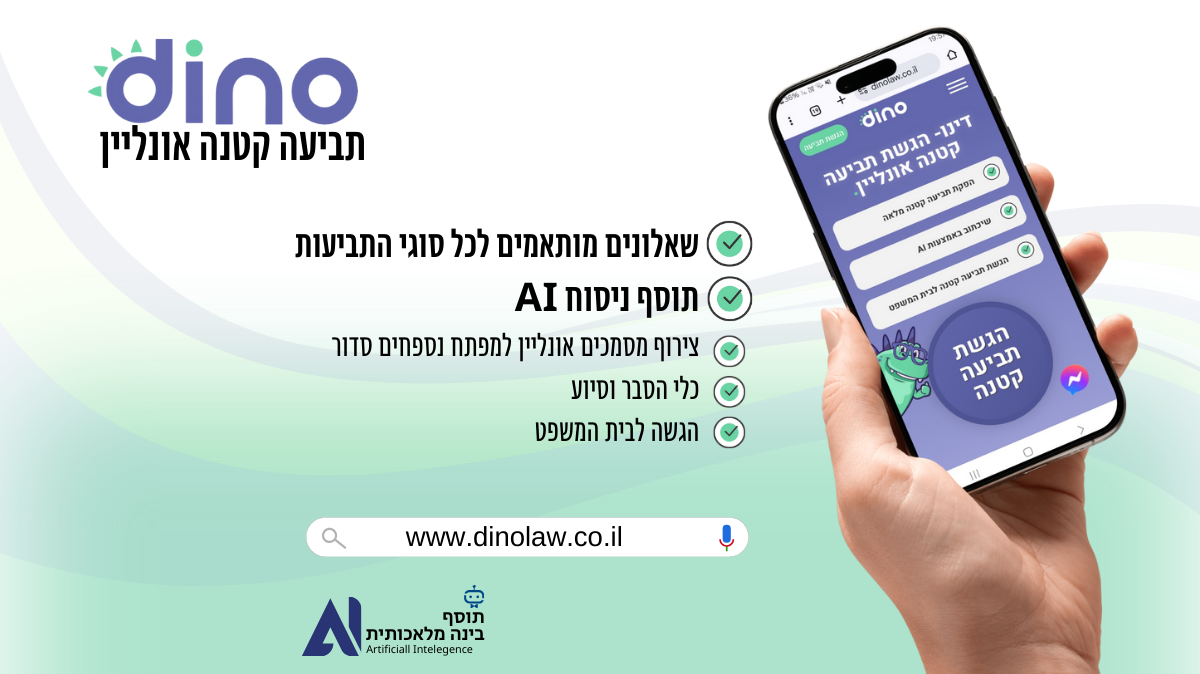I Received a Judgment in My Favor. What Should I Do?
- When the court gives instructions to the plaintiff in the judgment: Sometimes, the court directs the plaintiff to serve the judgment on the defendant. In such cases, the defendant must pay within X days as specified in the judgment, commencing from the date of service. A registered letter with proof of delivery should be sent to the defendant, specifying the payment demand and bank account details. See: Example of Payment Demand Following Judgment
- When the court does not give instructions to the plaintiff in the judgment: Generally, the court clerk will serve the judgment on the defendant, and the plaintiff can then verify whether service has been completed. While not explicitly required by the court, sending the judgment is still recommended. See: Example of Payment Demand Following Judgment
How Long Does the Defendant Have to Pay?
The court generally specifies a timeframe for payment in the judgment; usually within 30 days (from the date of judgment or service). If no timeframe is specified, payment is due immediately. Therefore, the plaintiff should send a payment demand with a copy of the judgment upon receiving it.
What if the Defendant Didn’t Pay on Time?
f a judgment amount isn’t paid, enforcement proceedings can begin. This allows debt recovery via asset seizure. The debt will also accrue significant interest.
An enforcement case for a monetary judgment opens after its deadline. For example, if a judgment requires payment in 14 days, the case opens after those 14 days. This starts from the judgment’s service. If no deadline is set, an enforcement case can open 30 days after serving the judgment on the defendant.
How to Open an Enforcement Case?
The judgment dictates the enforcement case type.
Fast-Track Debt Enforcement (Up to ₪25,000)
For debts up to ₪25,000, a fast-track enforcement case is available. This process is quicker than standard procedures. As of January 2023, judiciary data shows an average processing time of about 8 months.
Streamlined Debt Recovery
The enforcement office manages every step. Plaintiffs only need to monitor progress. The office issues debtor warnings, initiates asset seizures, and takes further debt collection actions. This process effectively streamlines recovery for smaller debts.
Guide to the Fast-Track Enforcement Procedure. Note that the fast-track procedure is only available if the following conditions are met (updated for 2023):
- The debtor is not undergoing insolvency proceedings.
- The debtor has not been declared a restricted means debtor (bankrupt).
- The debtor’s total debts in enforcement do not exceed ₪100,000.
- The debtor is not a resident of the Palestinian Authority.
When the debt exceeds ₪25,000: A standard enforcement case can be opened. An application for judgment enforcement must be submitted after the payment deadline. Information on Opening an Enforcement Case for a Monetary Judgment.
The Defendant Has Many Enforcement Cases. Is My Debt Lost?
Not necessarily. The Insolvency and Economic Rehabilitation Law, 5778-2018, came into effect on September 15, 2019. Under the law, an insolvency application can be filed if the following conditions are met:
- The debtor (defendant) is not a corporation (company, association, etc.).
- The debtor’s total debts are between ₪53,745 and ₪161,236 (amounts updated annually). If debts are below ₪53,745, an application can be submitted to the enforcement officer citing special reasons justifying the lower amount.
If these conditions are not met, an insolvency application can be filed with the Insolvency Administrator (formerly the Official Receiver). This results in bankruptcy proceedings in court, offering advantages and disadvantages compared to enforcement proceedings.
Note: As of 2023, insolvency proceedings are handled only by 7 enforcement offices:
- Northern District – Nazareth office
- Haifa District – Haifa office
- Central District – Kfar Saba office
- Tel Aviv District – Tel Aviv office
- Jerusalem District – Jerusalem office
- Southern District – Ashkelon and Eilat offices
Information and explanatory video on insolvency proceedings in enforcement.





